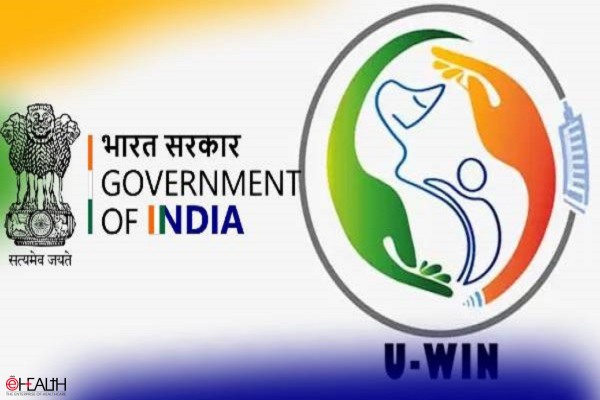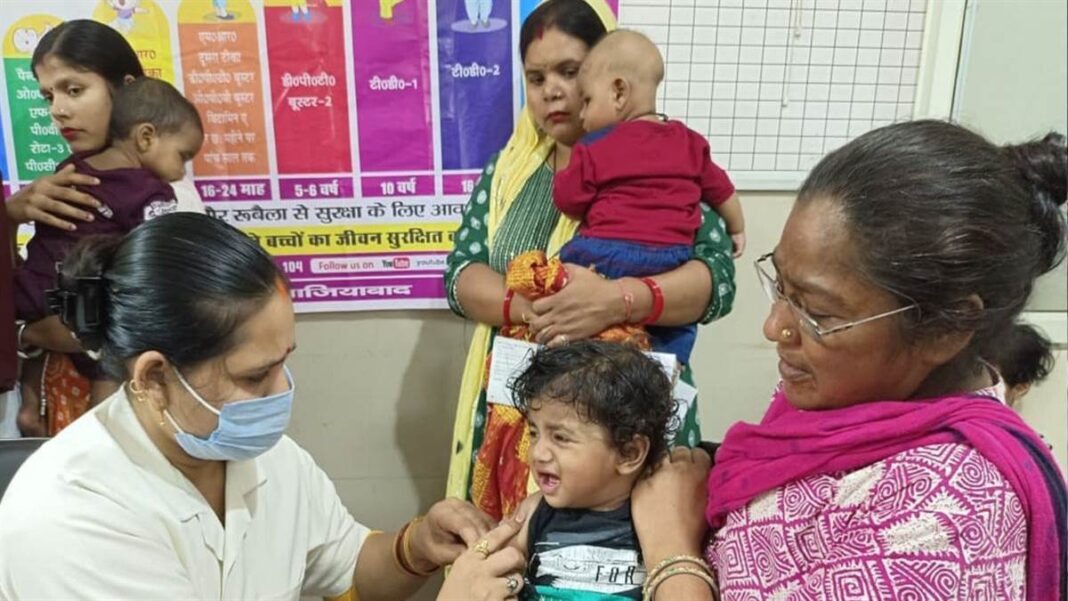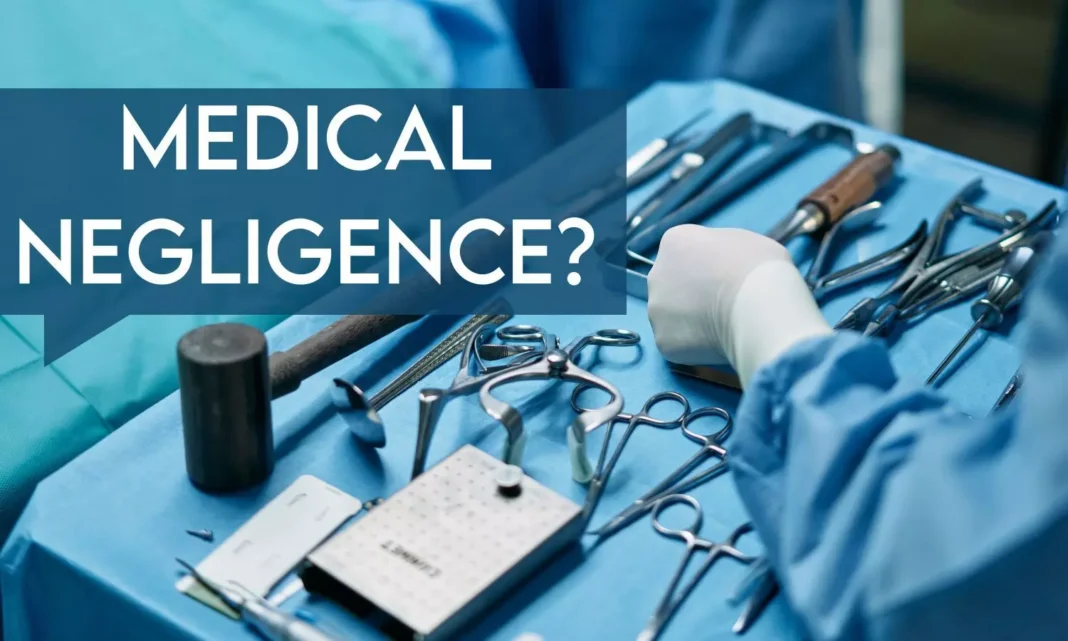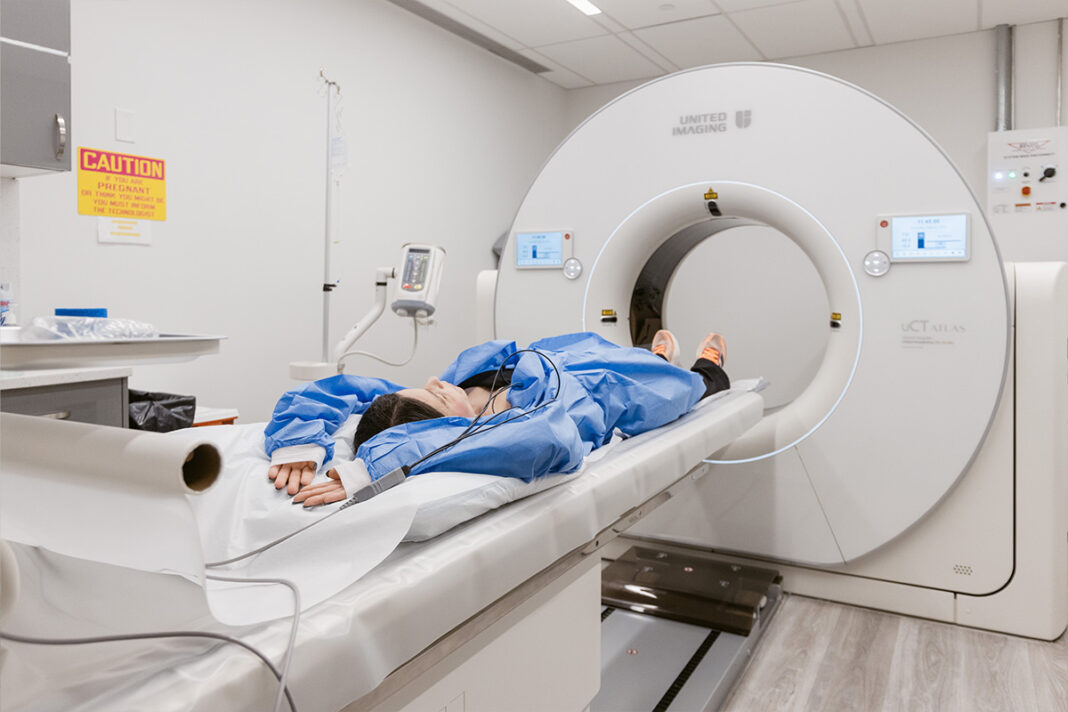This digital shift is expected to reduce dropouts, improve coverage rates, and ensure no child or pregnant woman is left behind.
India has drawn up an ambitious plan to close gaps in vaccination coverage by making its universal immunization programme (UIP) fully digital. The Union Health Ministry has set 1 April 2026 as the firm deadline for all states and Union Territories (UTs) to operationalize the U-WIN platform, according to official documents and a ministry source.
The move marks a critical step in strengthening the UIP, which provides free vaccines against 12 preventable diseases—including tuberculosis (BCG), diphtheria, pertussis, tetanus (DPT), and Hepatitis B—for children and pregnant women.
U-WIN: A Digital Vaccination Card
The U-WIN platform is designed as a digital equivalent of the traditional vaccination card, creating a unified system to track and manage immunizations nationwide.

- Healthcare workers, especially auxiliary nurse midwives (ANMs), will be able to generate due lists for upcoming sessions.
- Vaccinations administered will be recorded in real time.
- Missed doses can be tracked for timely follow-up.
This digital shift is expected to reduce dropouts, improve coverage rates, and ensure no child or pregnant woman is left behind.
Focus on Zero-Dose Children
The decision was finalized during a recent Immunization Action Group (IAG) meeting, where officials reviewed the “zero-dose implementation plan” aimed at reaching children who have never received a vaccine.
While India has made progress in cutting down the number of zero-dose children, the IAG emphasized the need for intensive efforts in high-burden states, including:
- Uttar Pradesh, Bihar, Maharashtra, Rajasthan, Haryana, Madhya Pradesh
- Northeastern states such as Arunachal Pradesh, Meghalaya, Nagaland, and Mizoram
Why the Push for Digitization?
Officials say persistent delivery gaps, especially missed initial doses, demand a robust and transparent digital solution. With U-WIN, the ministry expects to build a centralized, accountable, and real-time monitoring system, ensuring equitable access to vaccines across the country.




